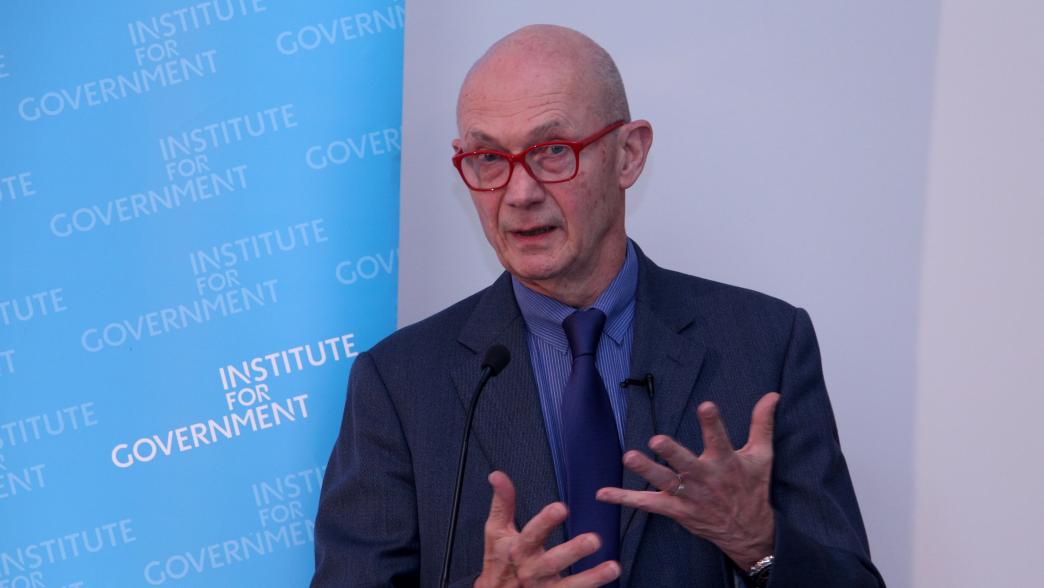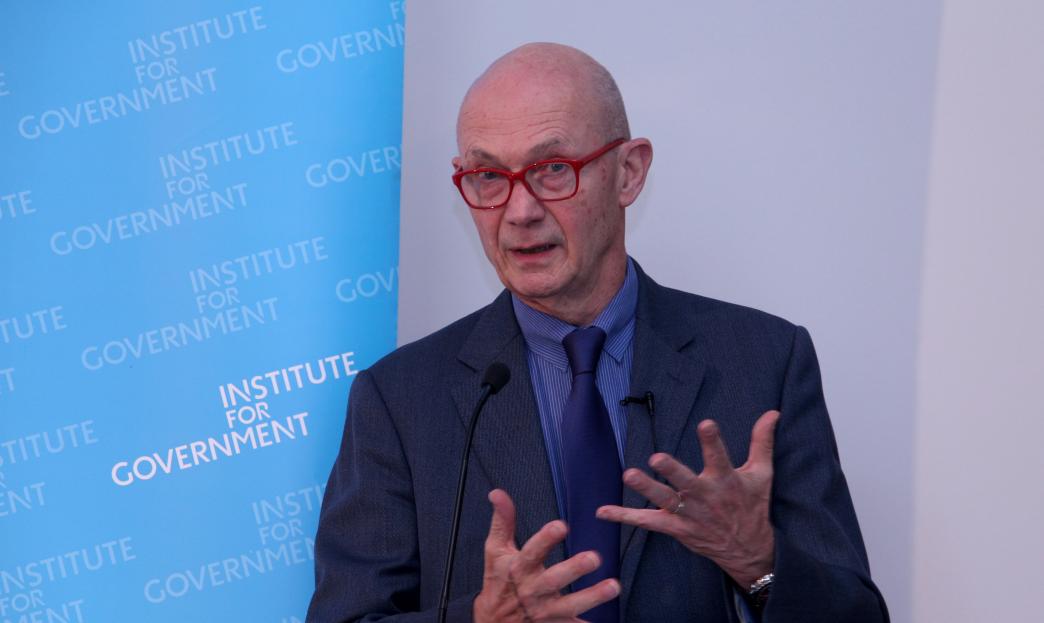Pascal Lamy: Brexit trade deal is not possible in two years

Pascal Lamy, former Director of the World Trade Organization (WTO), warns that a UK-EU free trade agreement will take five to six years. Oliver Ilott argues that the pressure of trying to agree a deal in two years means that government has to establish new, rapid processes for decision making in the negotiations
